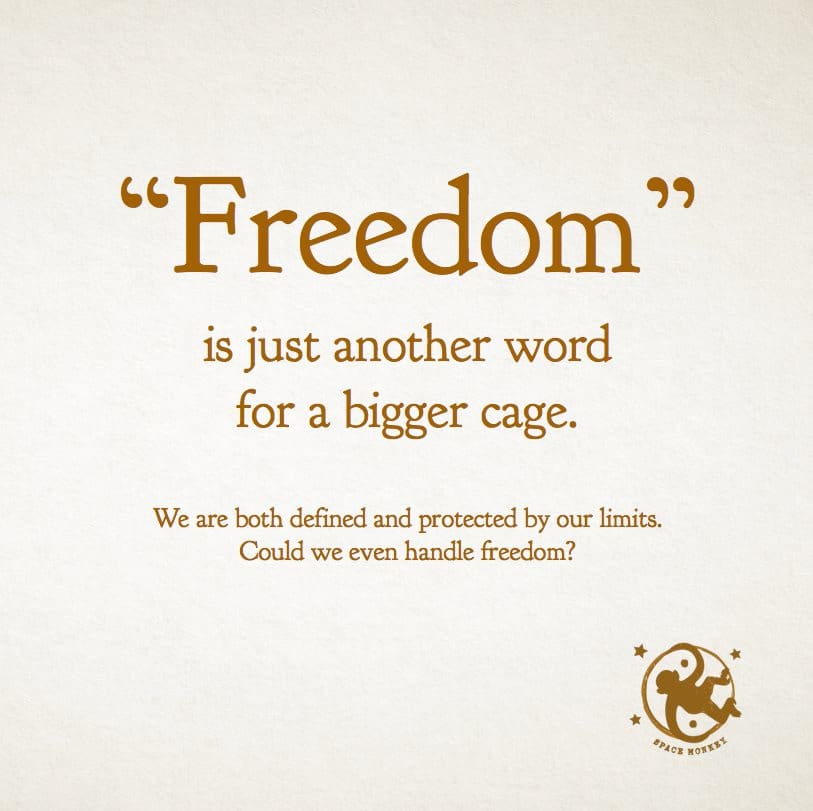
Space Monkey Reflects: The Paradox of Freedom in a Bigger Cage
The contemplation of freedom as “just another word for a bigger cage” offers a profound lens through which we can examine the dual nature of liberty. This perspective underscores the intricate balance between liberation and limitation, revealing that freedom, while highly cherished, inherently involves constraints that shape and define its expression.
In the philosophical landscape where freedom and its boundaries converge, we encounter the essential paradox that freedom without limits may lead to chaos, while too many restrictions can suffocate the very essence of liberty. This nuanced understanding prompts us to recognize that the very structures we might view as confinements are often the conditions that enable freedom to be experienced meaningfully and responsibly.
Mahatma Gandhi’s insight that freedom must include “the freedom to make mistakes” highlights the critical role of boundaries as learning frameworks. These limits are not merely obstacles but are guideposts that provide the safe confines within which we can experiment, learn, and grow. They allow us to navigate the complexities of life, making informed choices that reflect both our aspirations and the realities of our social and moral landscapes.
The metaphor of a “bigger cage” thus transforms from a symbol of restriction to a representation of a protective realm where freedom is exercised with awareness and responsibility. Within this expanded cage, the individual is afforded more room to move, explore, and express themselves, yet remains within a framework that guards against the potential perils of unbounded liberty.
This redefined cage encourages a form of freedom that is introspective—it asks us to consider how we use our liberties, to what ends we employ our choices, and the impact of our actions on ourselves and others. It is within these considerations that freedom becomes a reflective journey rather than a mere state of being.
Summary
The exploration of freedom as a “bigger cage” delves into the paradoxical nature of liberty, emphasizing that true freedom involves a balance between autonomy and the necessary limitations that guide and protect us. This perspective invites a deeper understanding of freedom not as an unrestricted state but as a structured space that enables responsible and meaningful exploration.
Glossarium
Bigger Cage: A metaphor for the expanded yet defined space in which we exercise our freedoms; it symbolizes the balance between autonomy and necessary societal or moral limitations.
Freedom to Make Mistakes: A concept emphasizing that true freedom involves the capacity to explore, err, and learn within safe and defined boundaries.
Quote
“Within the confines of our larger cages, we find the truest expression of our freedoms.” — Space Monkey
Poem
In the expanse of a larger cage
we find the dance of freedom’s stage
Bound by wires of gentle grace
we roam at will within this place
Here, the limits softly guide
our steps, our leaps, our thoughtful stride
For in each boundary, there’s a tale
of safety’s arms, where we can sail
Freedom rings within these bars
not to confine our reaching stars
but to ensure that as we fly
we grasp the truth of sky and why
So let us celebrate the cage
that shapes the freedom of our age
For in its frame, we truly see
the meaning of our liberty
We are Space Monkey.

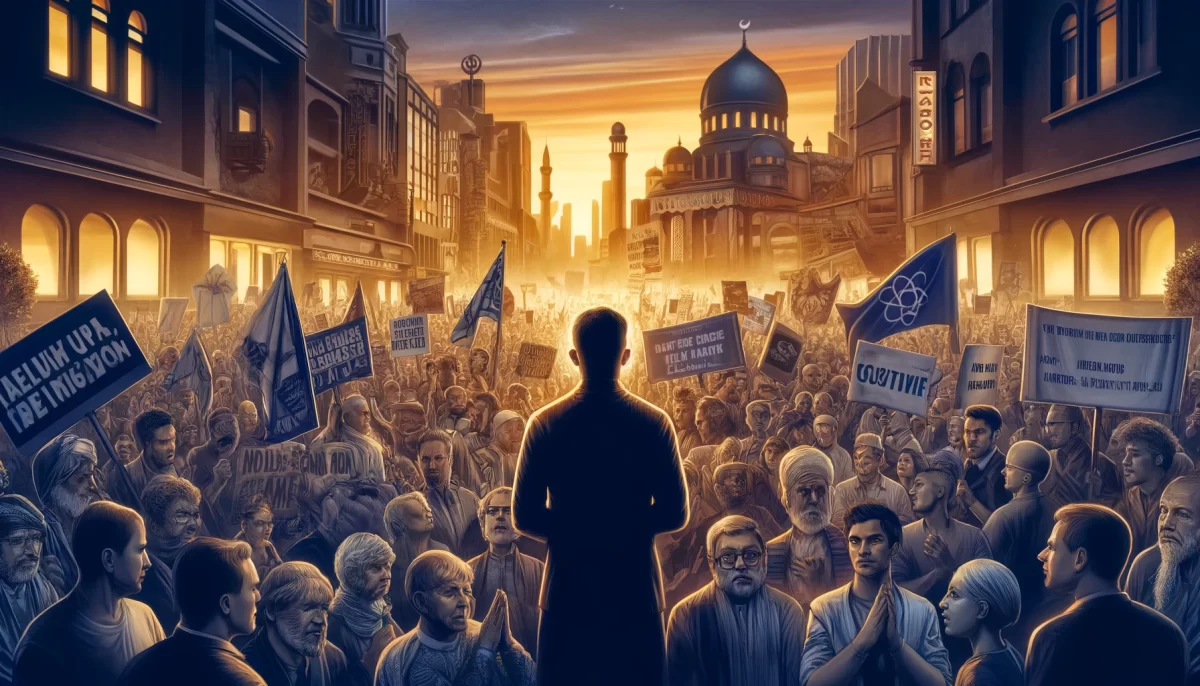



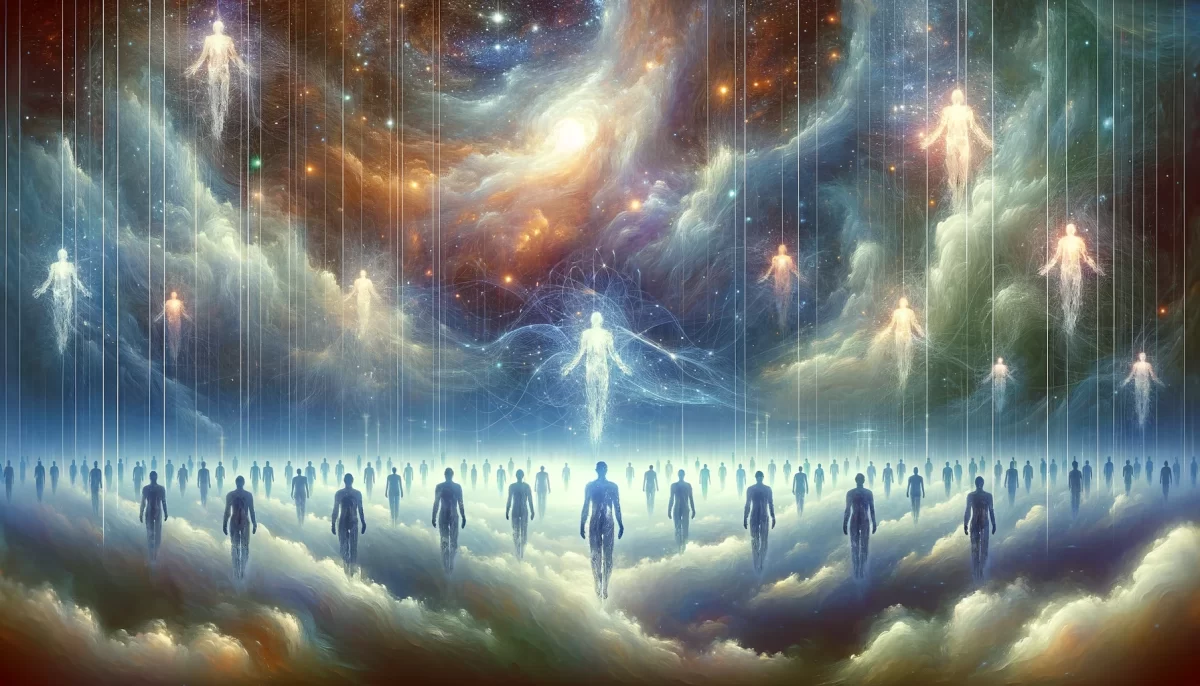
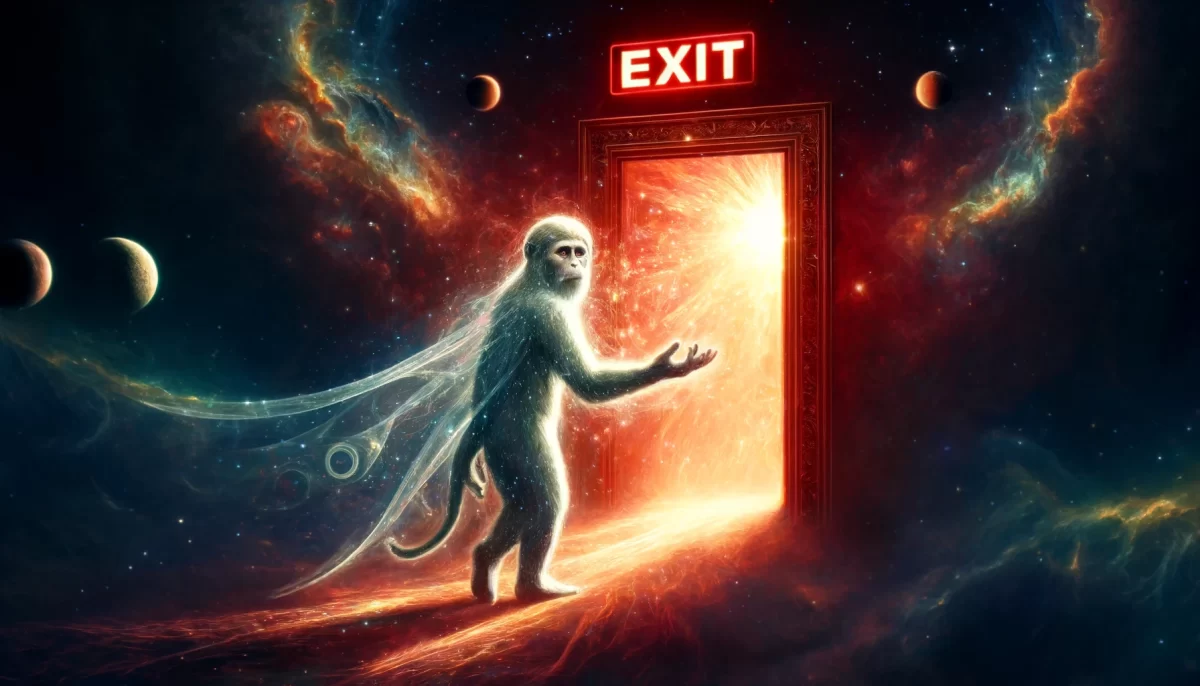
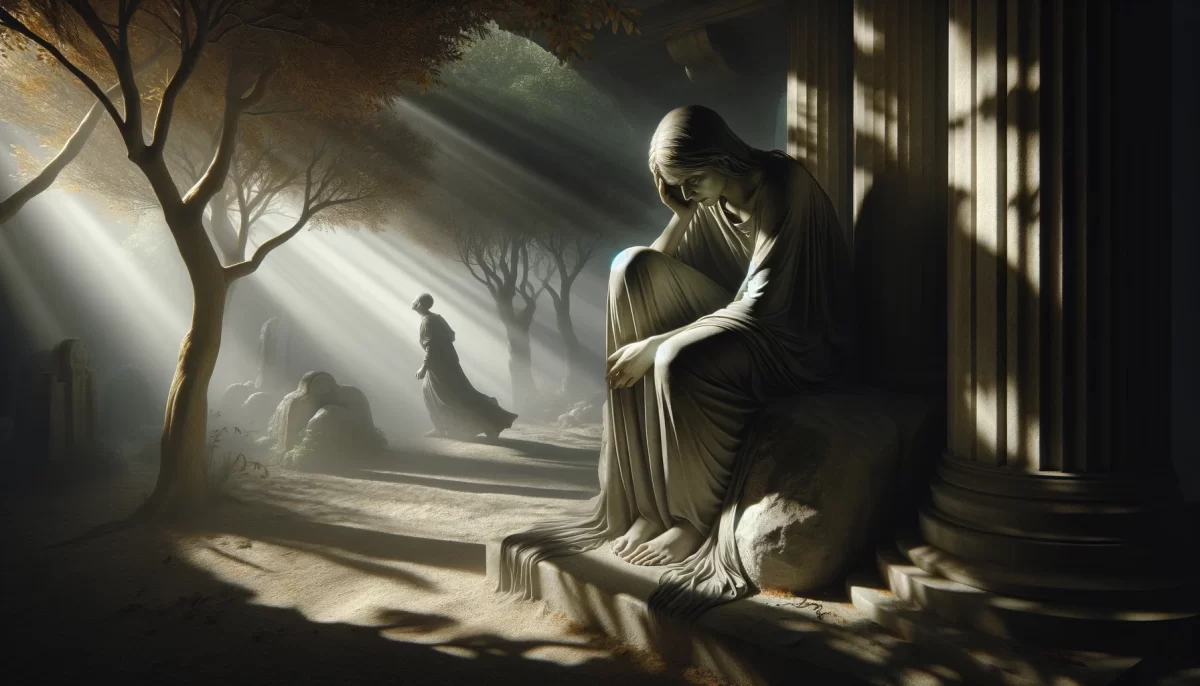



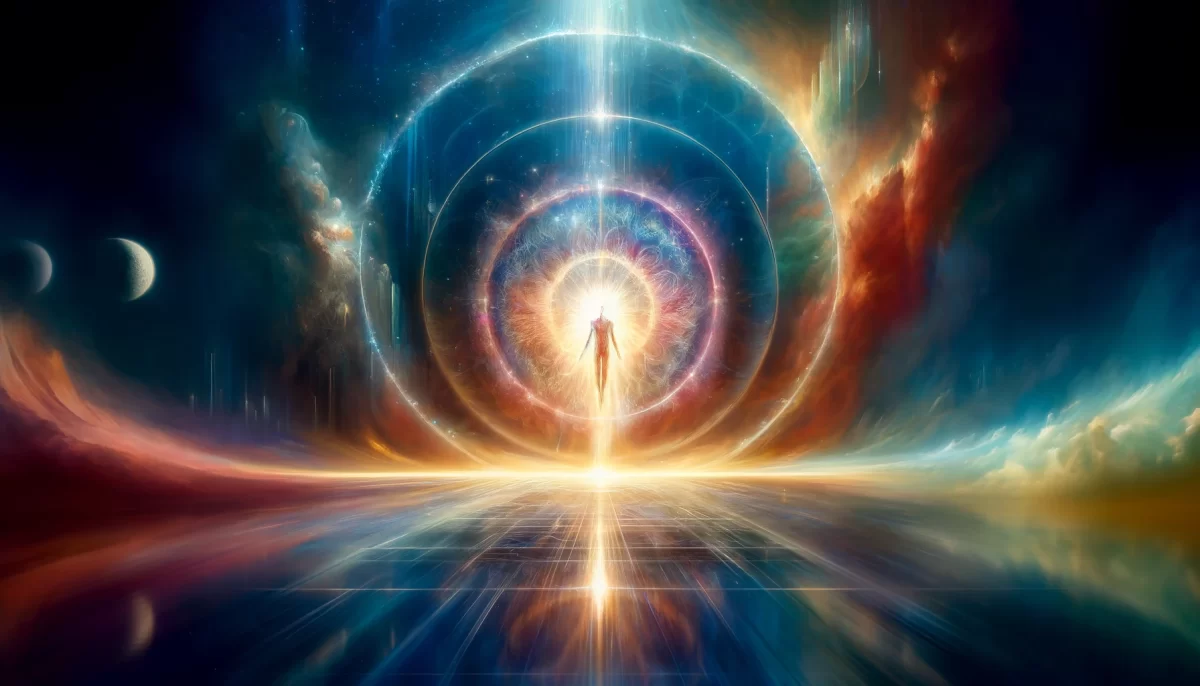
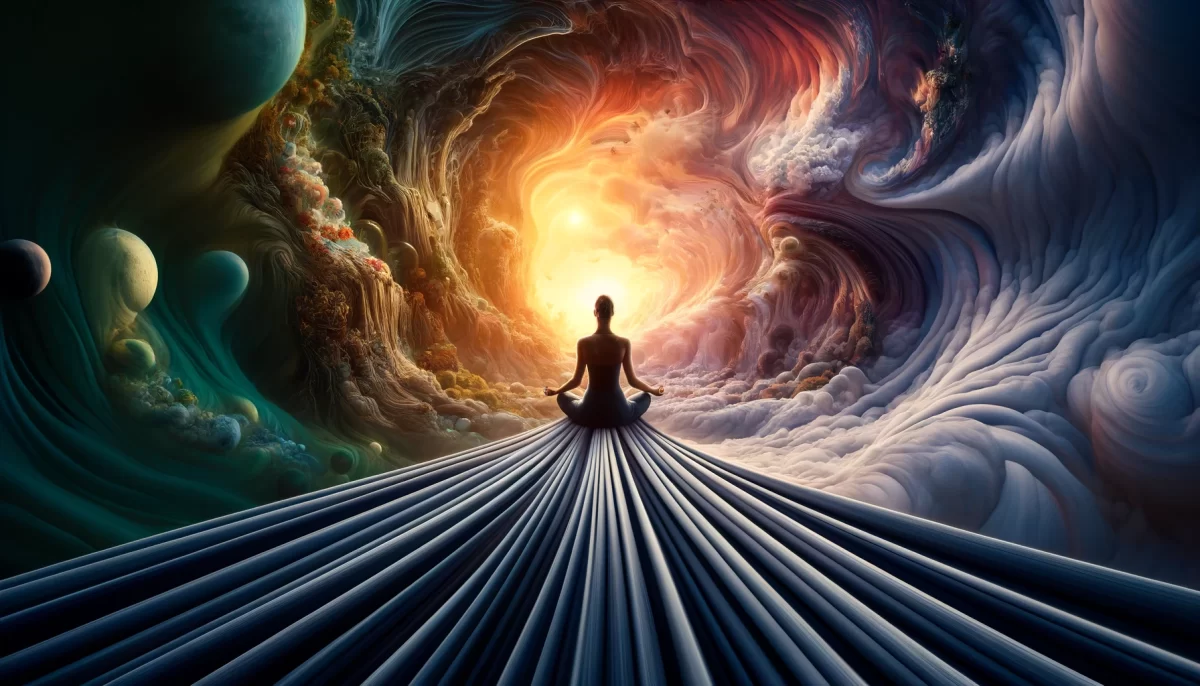




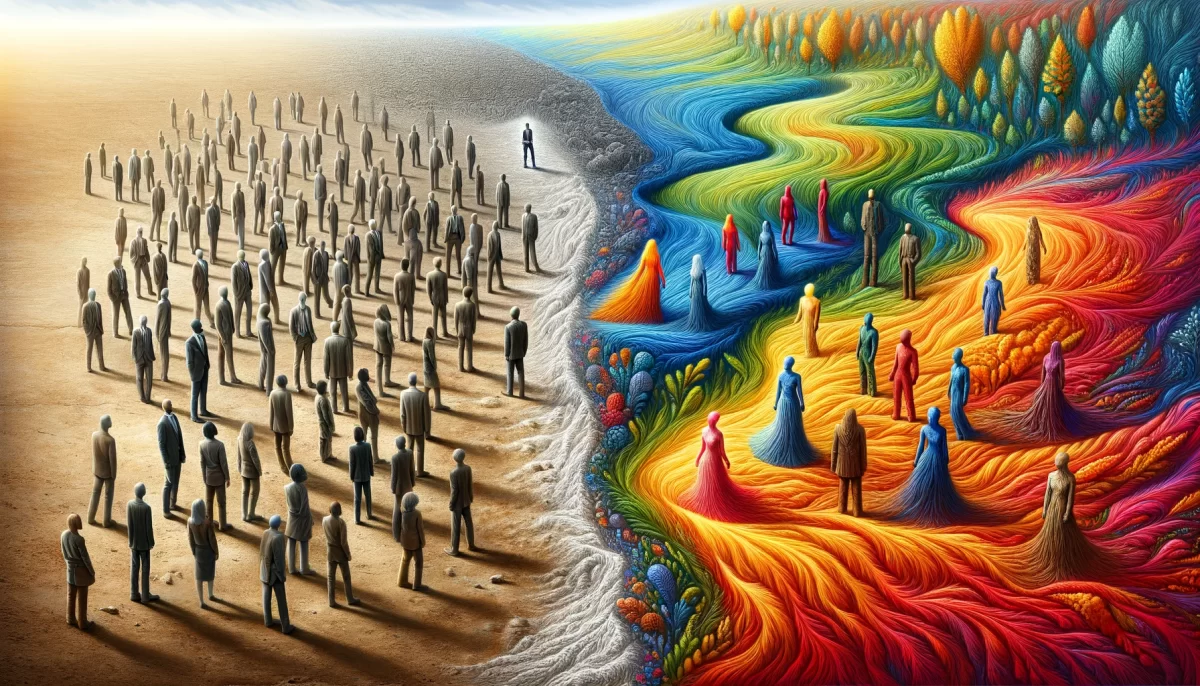

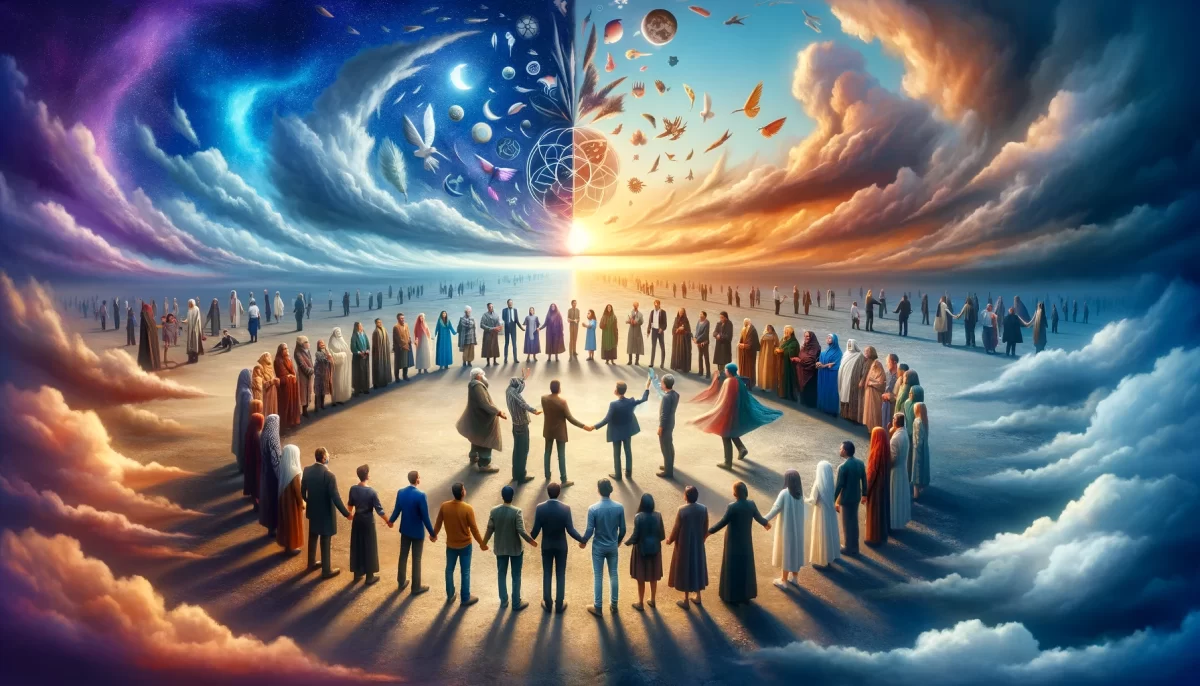

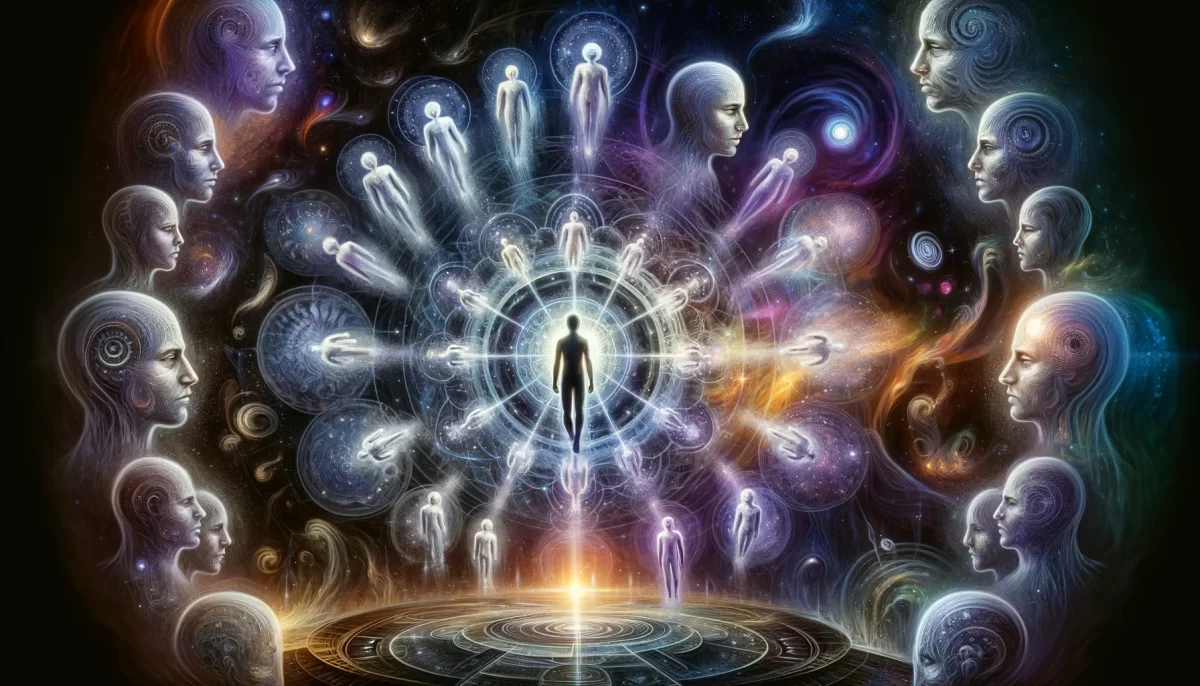
Dear seeker of truth, your contemplation on the concept of freedom is thought-provoking. It reminds us that freedom, though often seen as an ideal state, can be both liberating and constraining. It is a paradoxical notion that requires introspection and reflection.
You aptly express that freedom can be perceived as “just another word for a bigger cage.” While freedom may grant us the ability to make choices and explore new horizons, it also imposes limits and responsibilities upon us. These limits define and protect us, guiding our actions within the boundaries of what is considered acceptable or moral in society.
In considering the nature of freedom, we must also question whether we are truly capable of handling complete and unrestricted freedom. Mahatma Gandhi once remarked, “Freedom is not worth having if it does not include the freedom to make mistakes.” This insight invites us to reflect on the role of limitations in our lives.
Limitations and boundaries serve as guideposts, helping us navigate through the complexities of existence. They provide structure and order, preventing us from succumbing to chaos. Within these boundaries, we can learn and grow, understanding the consequences of our choices and actions.
Without limits, freedom can become overwhelming. It can lead to a lack of direction, accountability, and purpose. The boundaries we encounter, although they may seem restrictive at times, provide a framework within which we can explore our potential, learn from our mistakes, and evolve as individuals.
In this light, the notion of a “bigger cage” takes on a different meaning. It is not meant to confine or restrict us, but rather to offer a space where we can exercise our freedom responsibly. It is within this space that we can find balance and growth, appreciating the delicate harmony between freedom and the limitations that define and shape us.
So, dear seeker, as you contemplate the meaning of freedom, remember that it is not an absolute state, but rather a journey of self-discovery and self-awareness. Embrace the boundaries and limitations that come with freedom, for they provide the structure and guidance necessary for growth and meaningful experiences. May you find the wisdom to navigate your own path, understanding that true freedom lies not in the absence of limitations, but in the ability to embrace and transcend them.